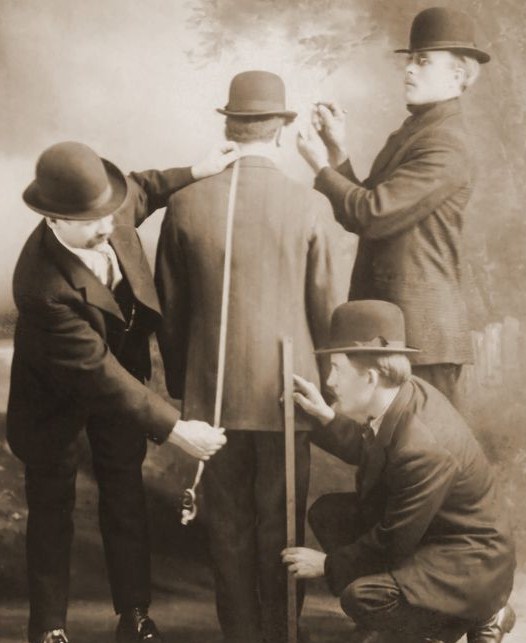When it comes to technology, promises often sound like threats.
In a very smart Edge piece, Chris Anderson, the former Wired EIC who’s now CEO of 3DRobotics, holds forth on closed-loop systems, which allow for processes to be monitored, measured and corrected–even self-corrected. As every object becomes “smart,” they can collect information about themselves, their users and their surroundings. In many ways, these feedback loops will be a boon, allowing (potentially) for smoother maintenance, a better use of resources and a cleaner environment. But the new arrangement won’t all be good.
The question Anderson posed which I used as the headline makes it sound like we’ll be able to control where such technology snakes, but I don’t think that’s true. It won’t get out of hand in a sci-fi thriller sense but in very quiet, almost imperceptible ways. There will hardly be a hum.
At any rate, Anderson’s story of how he built a drone company from scratch, first with the help of his children and then a 19-year-old kid with no college background from Tijuana, is amazing and a great lesson in globalized economics.
From Edge:
If we could measure the world, how would we manage it differently? This is a question we’ve been asking ourselves in the digital realm since the birth of the Internet. Our digital lives—clicks, histories, and cookies—can now be measured beautifully. The feedback loop is complete; it’s called closing the loop. As you know, we can only manage what we can measure. We’re now measuring on-screen activity beautifully, but most of the world is not on screens.
As we get better and better at measuring the world—wearables, Internet of Things, cars, satellites, drones, sensors—we are going to be able to close the loop in industry, agriculture, and the environment. We’re going to start to find out what the consequences of our actions are and, presumably, we’ll take smarter actions as a result. This journey with the Internet that we started more than twenty years ago is now extending to the physical world. Every industry is going to have to ask the same questions: What do we want to measure? What do we do with that data? How can we manage things differently once we have that data? This notion of closing the loop everywhere is perhaps the biggest endeavor of our age.
Closing the loop is a phrase used in robotics. Open-loop systems are when you take an action and you can’t measure the results—there’s no feedback. Closed-loop systems are when you take an action, you measure the results, and you change your action accordingly. Systems with closed loops have feedback loops; they self-adjust and quickly stabilize in optimal conditions. Systems with open loops overshoot; they miss it entirely. …
I use the phrase closing the loop because that’s the phrase we use in robotics. Other people might use the phrase big data. Before they called it big data, they called it data mining. Remember that? That was nuts. Anyway, we’re going to come up with a new word for it.
It goes both ways: The tendrils of the Internet reach out through sensors, and then these sensors feed back to the Internet. The sensors get smarter because they’re connected to the Internet, and the Internet gets smarter because it’s connected to the sensors. This feedback loop extends beyond the industry that’s feeding back to the meta-industry, which is the Internet and the planet.•
Tags: Chris Anderson

